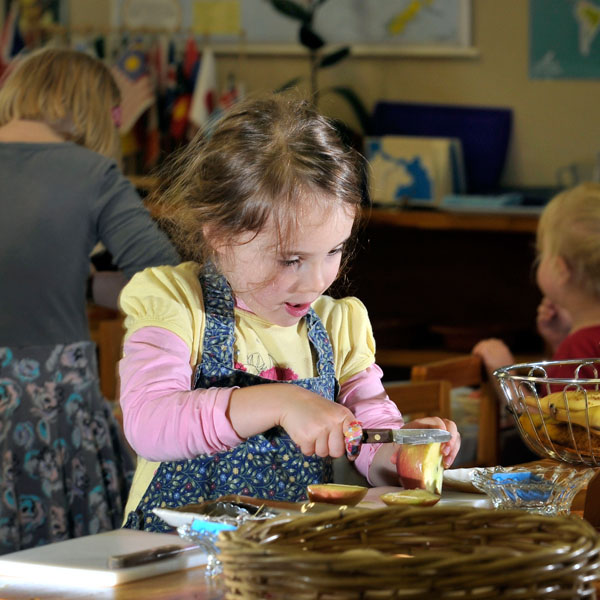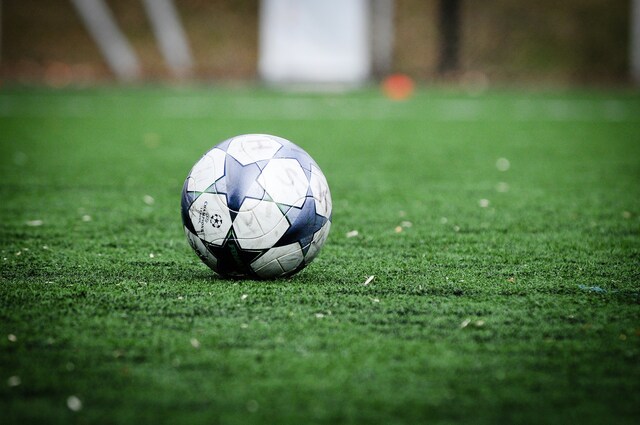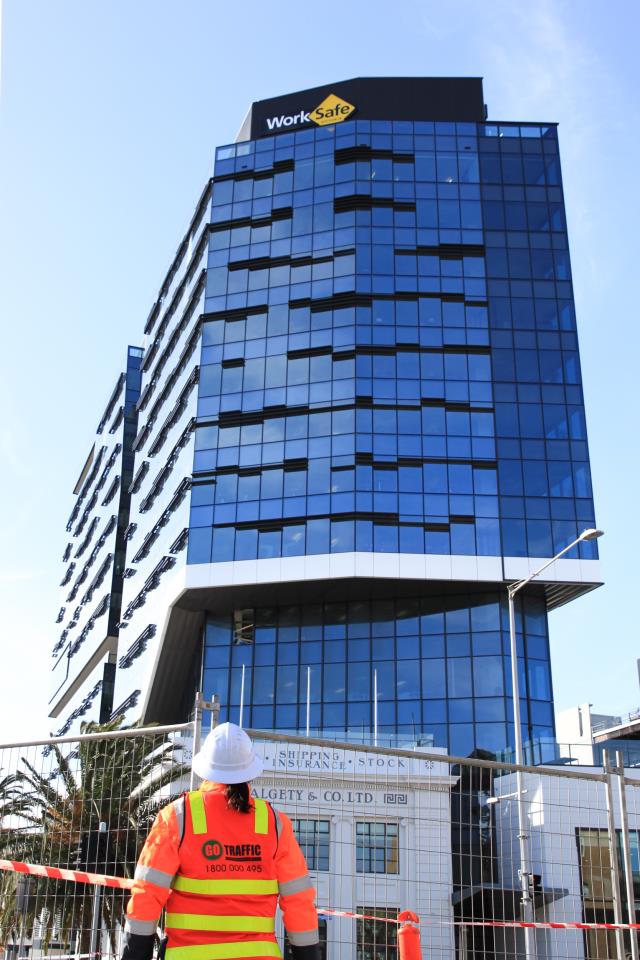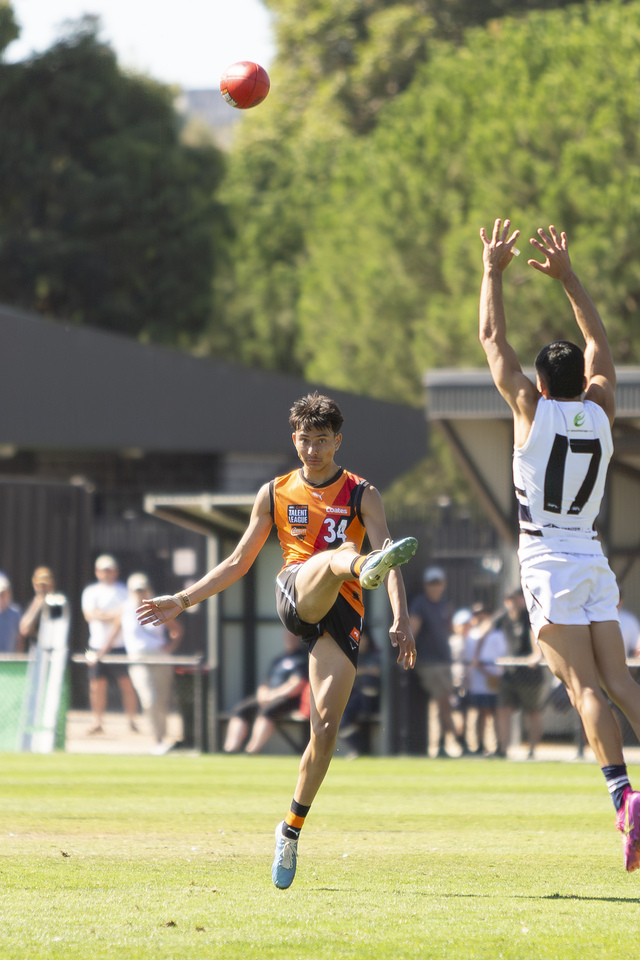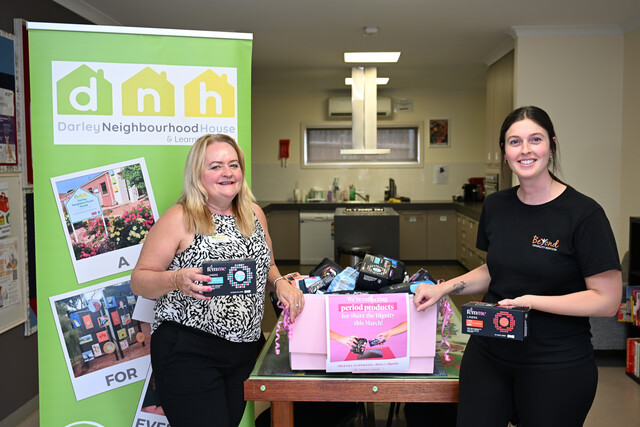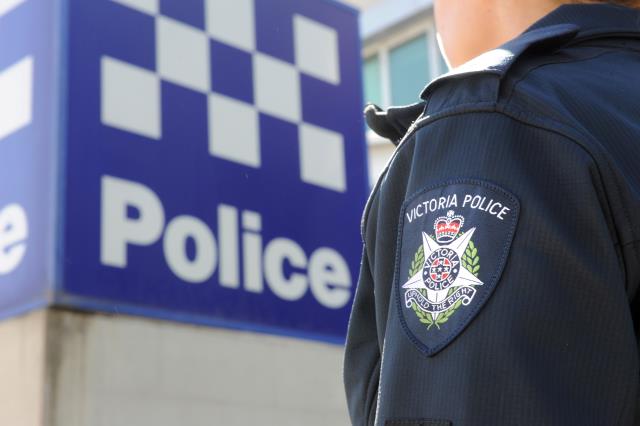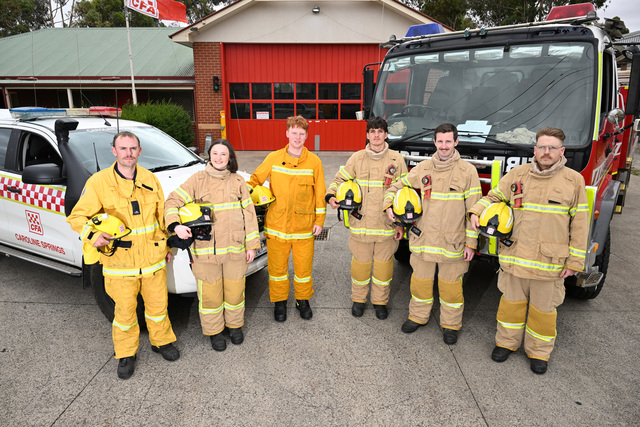It’s an ancient saying, but for some fortunate children schooldays really are the best days of their lives.
“I LOVE my school”. How many kids do you know who would say that?
I know of two. Their names are Maya Del Rio Reddan, 15, and her sister, Alena, 11, and they live in Sunbury.
But there’s probably more.
“They would have to be the luckiest kids alive actually,” their mother Erina Reddan says.
“They can climb trees, go into the bush and count koalas … every day [at school] is an adventure.”
Her kids attend Candlebark School in Romsey, run by author John Marsden for children in prep to year 9.
It attracts parents who are looking for something more than just a mainstream curriculum.
“It was the promise of a bigger, richer life that drew us,’’ says Erina Reddan. ‘‘That’s in fact what we got.’’
Increasing numbers of parents are looking towards alternative methods of education for their children.
Candlebark is a co-educational day school, which has no school uniform and operates on a first-name basis. The school, in dense bushland on a property owned by Marsden, opened in 2006.
Two dogs, a border collie named Romeo and Holly the labrador roam the school grounds, making the school feel like a friendly community much like home.
The school doesn’t hire cleaners and requires children to clean up their environment every day before the last bell sounds.
Marsden believes children should be adventurous socially, physically and academically. It’s pretty much the standard curriculum, only taught in a livelier, innovative and more creative way.
Marsden says he had a mostly negative experience at secondary school. He didn’t want that for others; he didn’t want his school to be predictable or dull.
“Surprises are good,” he says.
‘‘There’s a constant interaction with the world which we see crucial to a school being a dynamic place.
‘‘We have far more excursions that I know of than any other school. Recently we took 90 kids out for the whole week; 72 went to Beechworth and the others went to Mt Hotham. The week before that, year 9s went to the WOMAD festival in South Australia.’’
WOMAD (a World of Music, Art and Dance) is an alternative music festival. This year it attracted 87,000 people over four days.
The school sets itself apart from the rest.
There can be several days when teachers suspend the timetable to allow more time to research a particular topic.
“I saw so many things that worked in schools around the world when I was doing writing workshops and I thought, if you could put all those things that worked and put them in one place you would have a pretty good school,” Marsden says.
The reasons parents choose Candlebark over other schools in the Macedon Ranges are similar.
“Often it’s because they are not unhappy with the school their child is attending, but they have this sense that schools should offer something more than the bland, middle-of-the-road programs that most schools offer.’’
“Childhood is such a vital and influential time and if it’s spent in a very pedestrian way it sets you up poorly for adult life.”
Erina says alternative schools like Candlebark gave her children a sense of the “conversation of the world”.
“They are getting so many cultural influences from everywhere, so they are getting a sense of, not just the learning that is expected, but learning beyond. Teachers are there to mentor them.”
Nearby in Hume, a small catholic school is making waves in 21st century education, adopting new teaching methods in line with changing society.
Mother Teresa Primary School in a new pocket of Craigieburn has a contemporary education model based on a ‘learning street’.
The building shouts ‘open-plan’. It’s a multi-age learning space, very open, with no doors or partitions.
“The idea is that you are able to create a much more flexible teaching group than you would perhaps in a conventional class room,” principal Chris Reed says.
“This is an approach towards contemporary learning. We are trying to empower children in terms of their learning.”
The school opened in 2009 and is one of only four Catholic schools in the archdiocese of Melbourne taking on the open-plan classroom style, with multi-age classes.
“Parents have been very positive about partnerships between prep to six,’’ says Reed. ‘‘The organisation of the school and the concepts that we explore are prep to six. There is a commonality across the levels.”
Much like Candlebark, Maria Montessori has a vision for education of a ‘‘whole child’’.
She believes a person is driven to educate themselves and their motivation to learn comes through natural curiosity and a love of knowledge.
Over in Bacchus Marsh, at a Montessori pre-school, children learn to move, touch, explore and have the freedom to choose their own work without interference from an adult.
In the classroom, they don’t have teachers. Instead, there’s a ‘directress’ who provides a guiding role for children.
Montessori is a curriculum focused on ‘the child’.
‘‘Follow the child is our motto,’’ says Zahra Sabir, who trained to teach the Montessori style. ‘‘Meaning that when kids are older, they want to copy adults. They want to do normal things, like mop, wash dishes. We let the children practise these skills that will allow them to become a better adult.’’
There are four sections of learning in Montessori pre-school:
• Practical life, where children learn to polish silver, hand-wash garments and sweep or mop
• The next is sensorial, based on the five senses, where children learn to smell, touch, and feel different shapes and sizes; and then there’s language and maths.
‘‘The main thing that is different here is that it’s a mixed group,’’ Zahra Sabir says. ‘‘We have children aged 3 to 6. It’s like a little society in the classroom.’’
The idea of establishing a Montessori pre-school in Bacchus Marsh evolved from a mother’s belief that Montessori education was the best possible grounding for her children.
Carolyn Burns is a secondary school teacher but was looking for something more for the education of her son.
Visiting a Montessori pre-school in Geelong, she was impressed with the approach to education and she enrolled her son.
After 12 months of travelling to Geelong from Bacchus Marsh, a two-hour round trip, she was sure other local parents would choose Montessori education if it was offered.
After flagging the idea to the community in August 1998, a steering committee was formed to bring the centre to fruition. It wasn’t until February, 2000 that the school opened with 49 children enrolled.
It’s now run, mostly by parents, as a not-for-profit organisation with 40 enrolments from Bacchus Marsh, Caroline Springs, Burnside, Werribee and Ballan.
Whether its contemporary teaching, adventurous learning with schools becoming more diverse and pushing the realms of education, the school still remain accountable.
“At the end of the day, we still have to have the kids up to the same standards in English and maths as they would anywhere else, if not better,” Marsden says.
‘‘My own view is that childhood is becoming even shorter, just in the last generation; more so than when I was growing up.
‘‘I figure if it’s going to be such a small fraction of our life that you’re entitled to have a bloody good time, with heaps of adventure, excitement and fun during that time because that’s like the bank you then draw on for the rest of your life.’’

